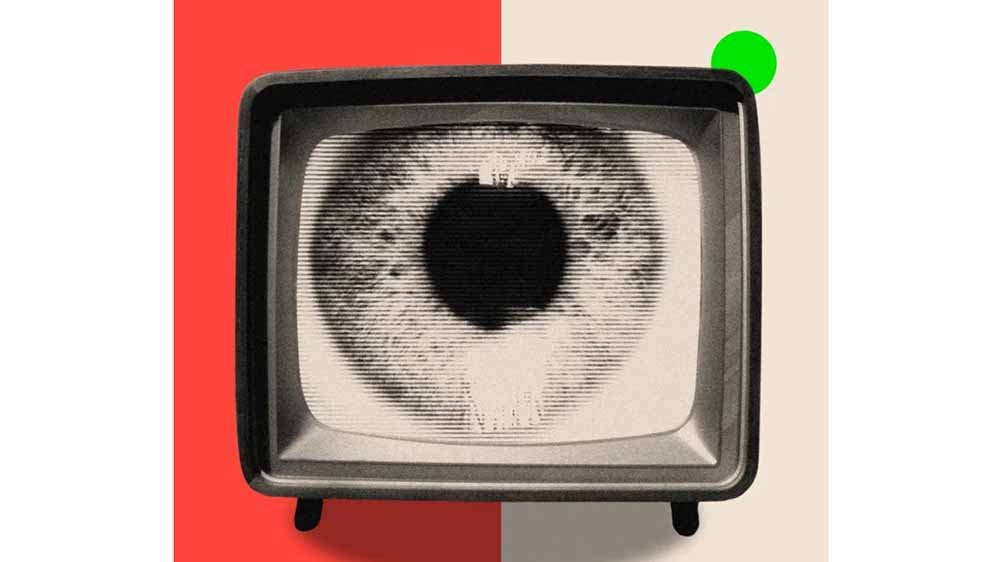It was 17 August 2000 and a group of people were huddled around a computer screen in the BBC TV newsroom, when suddenly there came a collective gasp. One of the group turned around and announced, very solemnly: “Nasty Nick’s gone.”
Nick Bateman – a housemate in the UK reality TV show Big Brother – was found to have attempted to “manipulate” his fellow contestant’s votes, and was asked to leave the reality TV house. It would become front-page news.
The saga prompted a nationwide moral debate, not only about the incident but the very existence of the show.
Writing for the London Evening Standard one TV critic accused Big Brother’s top executive Peter Bazalgette of “smearing excrement over our screens”.
A reviewer from The Herald newspaper denounced the housemates as “fakers, chancers, dullards, no-marks, and dimwits”.
Yet Britons voted with their feet (or their remote controls). Some 10 million people tuned in for the finale on 15 September – marking the start of a major cultural shift.
Now, 25 years on, reality TV is one of the most popular genres on screens in the UK.
The Traitors attracted more than 10 million viewers for the opening episode of third series in January.
And Love Island UK may have seen audiences shrink since its episode peak of six million in 2019, but it has still been renewed 10 times.
For years, the dark sides of reality TV have been unpicked.
There have been concerning, in some cases devastating, impacts on the contestants of certain shows, which has rightly prompted change.
As for critics, some have continued to dismiss many reality TV shows as superficial escapism, at best – or, at worst, harmfully divisive.
Listen closely, however, and a small clutch of psychologists and social experts are quietly starting to tell a different story – one that suggests that the impact of watching reality TV might not be as bad for brains (or social consciences) as it may seem.
Some suggest that it could help viewers build a better grasp of perspectives outside our realm of experience, or even overcome biases.
“Reality TV has historically been more diverse demographically than other forms of media,” says Danielle Lindemann, a sociology professor at Lehigh University, Pennsylvania.
“[It] casts a spotlight over patches of the social landscape that we don’t always see, so in that way, it can be a tool for greater social understanding.”
(BBC)
Wednesday, February 25, 2026

